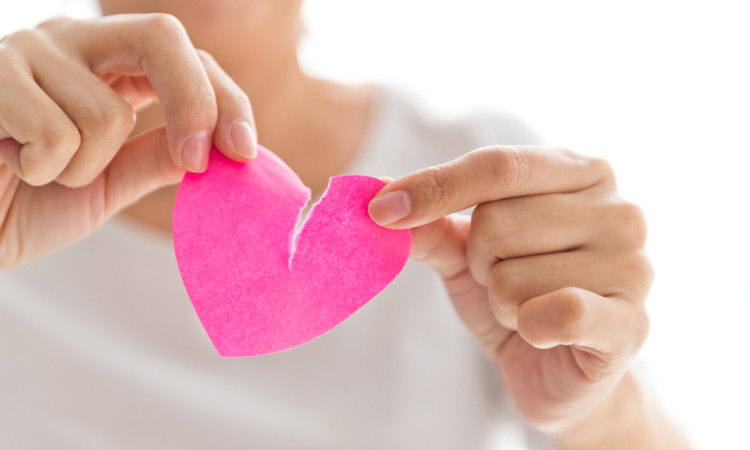 Remember Jane, the former accountant at your workplace? She had a string of alcoholic boyfriends, and office lunches became her venting forums. Or John, the nice chemical-engineer guy, who has had several different girlfriends at different times in his past, all of whom ended up cheating on him.
Remember Jane, the former accountant at your workplace? She had a string of alcoholic boyfriends, and office lunches became her venting forums. Or John, the nice chemical-engineer guy, who has had several different girlfriends at different times in his past, all of whom ended up cheating on him.
Everyone has, at least, one person in their social circle who is always unhappy in their relationships—mostly because they date the wrong people. It’s surprising how they keep falling for the same type of problematic people.
The bad boy/bad girl syndrome
Some people will develop a few bad relationships, but they learn their lessons and move on quickly. Others have a tendency for this kind of behavior when they are young and inexperienced. But some people don’t seem to get out of that pattern all their lives. While this is not considered a mental disorder by Diagnostic and Statistical Manual of Mental Disorders, Fifth Edition (DSM-5), you could informally call it the Bad Boy/Bad Girl Syndrome. Do you think you have it?
Columbus, Ohio-based dating coach Jonathan Bennett says problems with self-worth could lead to unhealthy relationship patterns. “Most people who constantly choose bad partners feel they don’t deserve any better,” says Bennett. “They are so lonely or co-dependent that they will literally date and stay with anyone who gives them attention, whether it’s positive or negative.”
Damaging life experiences and bad parenting can play a major role in building this tendency, too. “They might come from abusive or drug-addicted homes where they watched their parents make similarly bad choices,” says Bennett.
But even people who don’t have underlying psychological issues can fall into this trap. “People with good backgrounds and life situations can become attracted to bad people, because attraction isn’t really logical,” Bennett explains. “For example, the handsome and daring ‘bad boy’ may be more attractive than the boring but nice computer programmer who lives with his parents.”
Can this vicious cycle be broken?
Unhealthy relationship habits can be hard to break, but it’s possible to find meaningful relationships and lasting love. The first big step is to understand that you are vulnerable to this type of behavior. “This is typically the byproduct of immaturity. As you mature you will move away from this attraction,” says Chicago-based clinical psychologist John Mayer. “Look for your growth and stimulation from other aspects of life rather than just those you date.” There in an array of areas to direct your focus to: education, career, passions, talents, and travel. “If your only outlet for stimulation is dating and relationships, you are very vulnerable,” he warns.
Being fussy about who you date is not necessarily a bad trait. “It is important to make a list of what qualities you want in a relationship, then when you are dating and getting to know someone, if they do not fit what you are looking for, don’t get involved,” says Fulton, Maryland-based licensed clinical marriage and family therapist Stephanie Weiland Knarr, PhD. “Sometimes finding the right relationship takes time.”
While it’s essential to help your partner through rough patches, don’t be a nanny. If they have fundamental psychological issues, then you should reconsider your decision to date them. “Sometimes people stay with a romantic partner because they want to help that person to get their life together,” says Knarr. “If you are staying with a partner who needs a lot of help that is the wrong reason to be in a relationship.” People who are fond of taking care of people are especially prone to this sort of relationship. “You’ll have to be cautious, and make sure you choose a responsible, stable partner who reciprocates the caretaking,” she advises.
If you’ve got underlying psychological issues of your own, it would be helpful to deal with them, too. “If you have a trauma or abuse history, it is so important to seek counseling to resolve your past abusive relationships,” says Knarr. “This will help you understand what patterns and behaviors were unhealthy and abusive, so you do not keep choosing the same kind of relationship.”
Being in a healthy relationship with the right person can have payoffs in terms of happiness and health. What’s more thrilling than that?
Click here to see Rose’s tips for healthy and happy relationships
